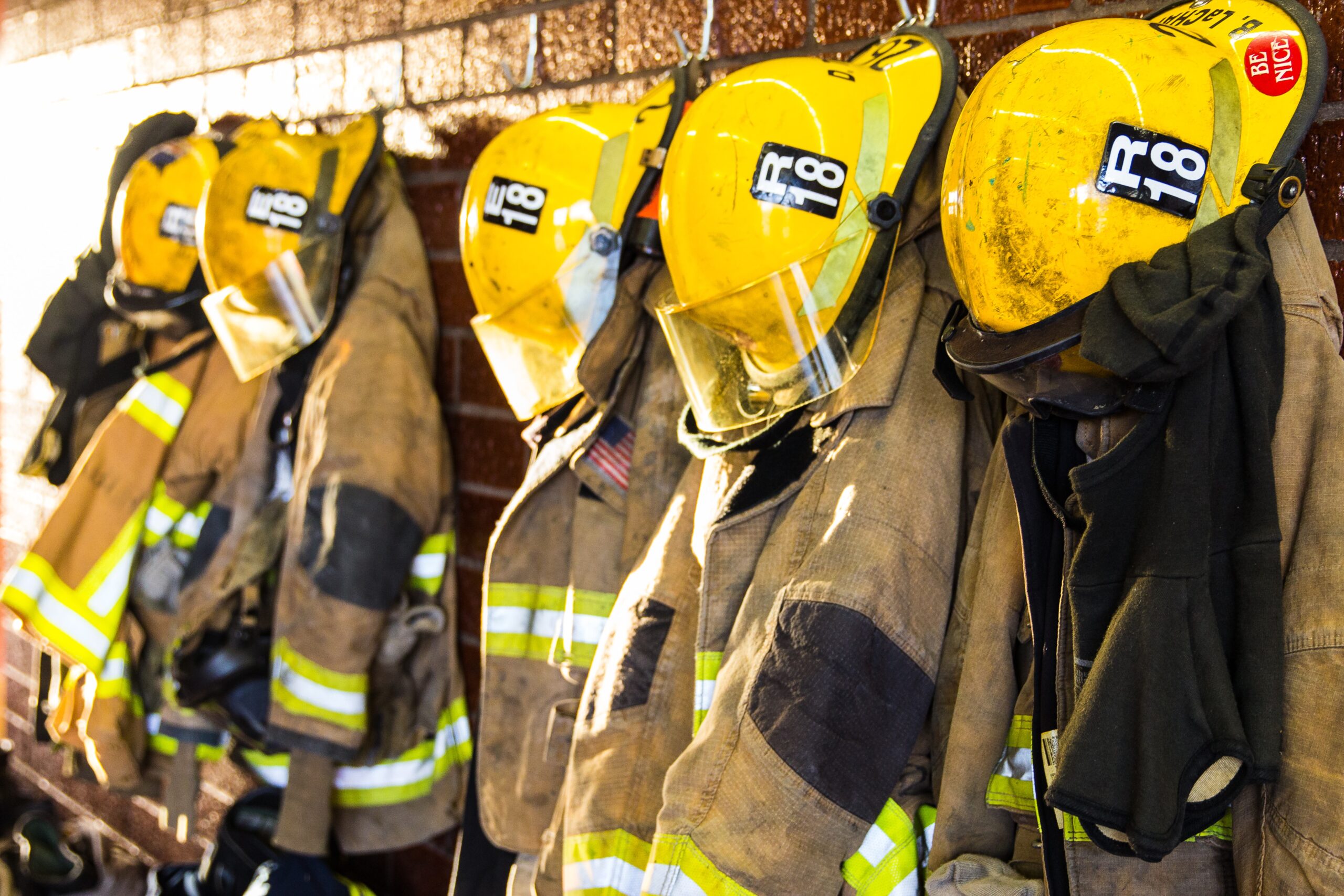How do firefighter perceptions of their role and of the community they serve evolve during their first year on the job?

Project Summary
In collaboration with a fire department in a mid-sized U.S. city, The People Lab designed and administered a series of pulse surveys to new cohorts of firefighters in the department starting during the project period. The surveys were structured to track firefighters’ evolving mindsets toward their roles and perceptions of residents they are called to serve on the job. Firefighters received regular surveys throughout their probationary training period. Surveys were sent during firefighters’ first week in the academy, at the end of the academy, at the end of their rotations, and when their probation period ended. Our findings indicate that despite a focus on community relations in both hiring and training, over time new firefighters develop more negative perceptions about city residents and a more narrow view of their role in the context of public safety.
Why is this issue important?
As communities seek to strengthen and, in some cases, re-imagine their public safety systems, much of the focus has been directed at police departments. But fire departments also play a significant role in a city’s public safety system, responding to a wide range of emergency incidents, especially those with medical emergencies. Despite the significant role firefighters play in public safety, little is known about how firefighters view their roles, how those views relate to firefighter demographic characteristics and background, or how those views evolve as they experience daily life and learn the culture of their departments. These questions become even more pressing in the context of policy proposals seeking to shift responsibilities from police departments to fire departments.
What are we doing?
In recent years, the department we collaborated with placed significant attention to recruiting diverse classes of recruits. Leaders in the department sought to evaluate how this emphasis on diversity of background in recruitment played out in the mindsets and attitudes of new recruits on the job. From 2021 to 2023, we piloted sending regular pulse surveys to cohorts of new firefighter recruits at the department. Survey questions fell into six categories: commitment to the department; sense of understanding from members of the department, city residents, and one’s family; perceptions of the community; level of resident personal failings for a series of call types; level of departmental responsibility for a series of call types; and levels of burnout for firefighters.
What have we learned?
While it is important to acknowledge the small sample size of this pilot, our findings suggest that over time new firefighters develop more negative perceptions about city residents and a more narrow view of their role in the context of public safety. The percentage of firefighters who agree that the people they serve are reckless and cannot be trusted to make responsible decisions increases over time. Firefighters’ sense of their responsibility for handling non-fire incidents such as the de-escalation of conflicts decreased during their first year on the job.
What comes next?
We are evaluating whether to expand this project to other departments. We hope to better understand the relationship between service delivery and perceptions of the community served and to design and pilot interventions aimed at improving these perceptions and the experience of communities impacted by these systems.